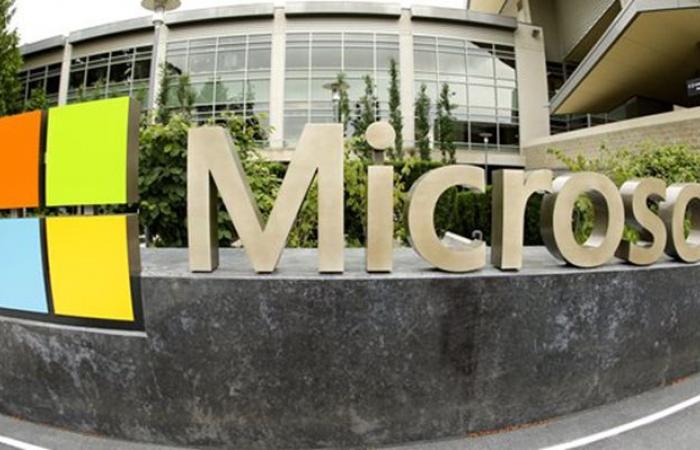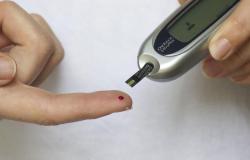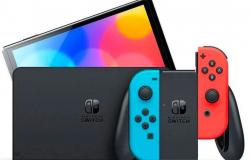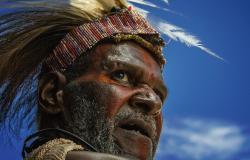By Salima Amira, National Director, Microsoft Morocco
Africa is a future hub for tech skills, with a wealth of young talent to tap into. Improving access to digital skills and technology is critical to training a new generation of technology professionals who will enable the continent to be competitive in the global digital economy and drive innovation on the continent.
In an increasingly digital world, the importance of equipping African youth with digital skills cannot be overemphasized.
According to an oft-cited statistic, Africa, the world’s youngest continent, will account for one-fifth of the world’s total workforce and one-third of the world’s youth workforce by 2030. Africa can seize the opportunity and harness its youth to become a global technology skills center, but the digital skills gap looms. It is essential to develop the skills needed to compete in the global digital economy. We need to focus our skills efforts on three key areas to realize the vision of Africa as a technology hub: developing digital literacy, giving entrepreneurs the skills to thrive, and developing the skillset. artificial intelligence needed to fully exploit the potential of this technology.
Digital culture must be the starting point
As technology rapidly transforms the workforce landscape, employers around the world are seeking workers with enhanced digital skills. According to the World Bank, most demand for digital skills will come from non-ICT occupations, driven by businesses adopting digital technologies. 70% of this demand is expected to be for foundational skills, followed by 23% for intermediate skills outside the ICT sector.
Recognizing the importance of digital skills, countries across the continent are developing plans to develop the skills needed for the global digital economy. In line with these global trends, the Moroccan government has invested in the development of digital skills through initiatives aimed at empowering its youth and improving its digital ecosystem.
Recognizing the need to expand access to digital skills development programs, Microsoft launched the Global Skills Initiative in 2021, combining resources from LinkedIn learning, GitHub and Microsoft Learn. The program has provided 80 million job seekers around the world with access to digital skills. At the local level, more than 200,000 people have gained access to digital and foundational skills through the initiative.
Supporting entrepreneurs to stimulate innovation
The qualification of startups and SMEs must be the second area of intervention. Although 10 to 12 million young Africans join the workforce each year, only 3 million jobs are created. By helping to support and perpetuate the entrepreneurial spirit, we will greatly contribute to solving the employment problem. Beyond employment, small businesses and start-ups are often at the forefront of innovation and provide solutions to Africa’s most pressing societal challenges.
According to the African Development Bank (AfDB), around 22% of Africa’s working-age population creates new businesses, the highest rate in the world. The African tech startup ecosystem is becoming a major source of jobs.
To train a new generation of technology leaders, Microsoft has partnered with the 1337 development school in Morocco to train the school’s students. The goal of this initiative is to create a talent pipeline of Data & AI architects trained in Microsoft’s latest AI technologies, supporting the OCP group and Microsoft partners.
Additionally, it helps 1,337 students find jobs or start their own businesses in the field of artificial intelligence. The expected outcome of this project includes the issuance of more than 100 Microsoft certifications and the training of 37 groups of students who will impact 13 organizations. This program aligns with Microsoft’s commitment to supporting the OCP Group’s mission in Morocco and the UM6P vision for Africa and the continent.
Develop the skills needed for the AI revolution
Advances in AI technology are making headlines around the world, and rightly so. AI is a defining technology of our time. And as companies invest in AI, the demand for skilled professionals will continue to increase. According to the State of AI in Africa report, if current trends continue, AI and its accompanying startup ecosystems in Africa could win big. It is estimated that capturing just 10% of the global AI market could grow the African economy by 50% of current GDP.
To benefit from the ongoing global transformation, we must empower businesses and people across Morocco to harness the game-changing potential of AI. Strategic private sector partnerships can unlock the potential of Africa’s youth by enabling the implementation of more holistic and sustainable initiatives.
To benefit from the ongoing global transformation, we must empower businesses and people across Morocco to harness the game-changing potential of AI. Strategic private sector partnerships can unlock the potential of Africa’s youth by enabling the implementation of more holistic and sustainable initiatives.
Zindi, Africa’s leading AI community, and Microsoft are working to advance digital skills on the continent, providing a new generation of young, tech-savvy Africans with the opportunity to learn the skills the market demands today today and in the workplace of tomorrow.
Empowering Africa through digital skills and AI technology is not just a vision, but a strategic reality in which Microsoft is deeply invested. By bridging the digital divide and encouraging innovation, we are laying the foundations for a brighter future where African talent can shine on the global stage. Together, we can turn challenges into opportunities and ensure that no one is left behind in this digital revolution.
Share this article:







